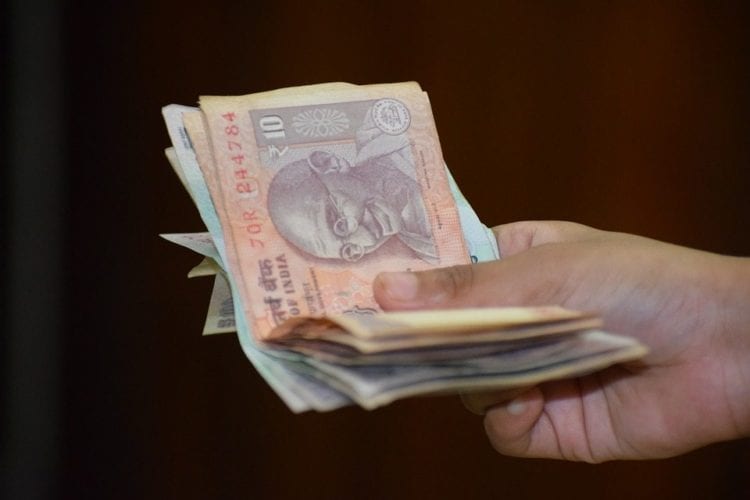10 Things You Ought To Know About GST
After the demonetization stunt last year, the new GST bill has many companies running around in panic mode. However, there isn’t a need for all the fuss, especially for startups.
Most of you know GST bills is also called the 122nd Amendment bill. Like the name suggests, it is a tax levied on goods and services bought by consumers. The reason the bill was amended was that consumers were already paying a lot of taxes and in some cases, we would pay a tax levied on tax. To change the game of the market, the government thought of coming up with a new system that will ease things for consumers like you and me.
Let’s have a look at the 10 things we need to know about GST
- The real motive of this tax is to create a uniform tax throughout the nation. However, there will be a State GST and Central GST that will be levied on products. So instead of paying multiple taxes, you’ll pay one tax viz GST.
- GST rates vary from 0 to 28% meaning luxury items will be taxed higher than essential items. Phones, Jewelry, first class tickets, etc will be priced higher than paint, essential foods, etc will become cheaper. Items exempt from this tax include Fuel, Petrol, crude oil, and liquor.
- You save more money because instead of being double taxed, you’ll be taxed once. This will help you save for that family trip you’ve been dreaming about.
- Businesses earning below 20 lakh a year do not have to fill the GST form but in case you cross the 15 lakh point, it may be beneficial to apply for it.
- Tax filing has become easier
- GDP will increase. In a country like India, an increase in GDP matters. As demand grows, it is natural for the productivity to grow as well. With the help of GST, at least 1 to 2% growth in GDP can be expected.
- In the short run, inflation may increase. Since Items like petroleum and liquor make a large part of the government’s revenue, we may see a slight fiscal deficit.
- Transparency will increase. Ease of doing business will become smoother. Hidden costs etc will be visible to taxpayers now, in turn, reducing non-transparent transactions.
- Interstate supplies need to apply for GST whilst it isn’t compulsory for Intra-state supplies to do so.
- Companies cannot make a profit off of black money. At least not to the same extent as before.







GIPHY App Key not set. Please check settings